I talk about the French New Wave a lot. Whenever I get to be part of a discussion about film, whether online or in person, I find a way to smoothly transition from the topic at hand to the group of people who pioneered a movement that greatly revolutionized our approach to film production and theory, namely, Jean-Luc Godard, Francois Truffaut, Jacques Rivette, Claude Chabrol, Agnes Varda, and Jacques Demy. I do not even usually have to try that hard; the influence of the French New Wave is everywhere. Writing about Godard’s debut film, Breathless (1960), in 2003, the late critic Roger Ebert states: “Modern movies begin here. No debut since Citizen Kane in 1942 had been as influential.” This is one of the reasons I am interested in the French New Wave in particular, and film movements in general— their tendency to set trends and influence future filmmakers.
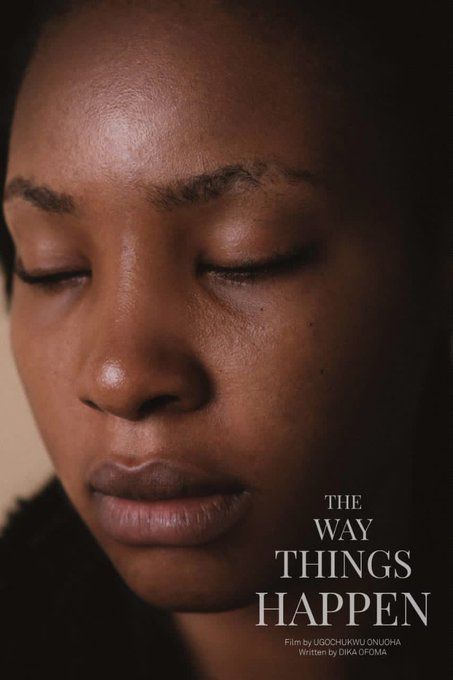
Movements also double as time capsules. If one movie can capture the cultural zeitgeist of a particular bygone era— if it can be in many ways an unmistakable product of the time it was created— then, how much more would a whole array of films, made with a distinct philosophy and a similar sense of style, be able to tell us about, not only the inspirations and preoccupations of the filmmakers but also the social, economic and political climate they lived under. For instance, German Expressionism came about when after suffering a great loss in the first World War, the government banned the import of films from other countries. Therefore, the films that were made by the citizens during this period were dark, gloomy, and featured off-kilter worlds, a reflection of the depression sweeping the country at the time.
Likewise, Italian Neorealism also emerged as a reaction to fascism and fascist film propaganda, turning its gaze to ordinary people struggling in the aftermath of the war. It is with this macroscopic lens I am choosing to observe The Way Things Happen, a 20-minute-long short film by Ugochukwu Onuoha and Dika Ofoma. At its centre, the film is about a young woman grappling with grief and all the agony it brings. But I found myself asking, “What does this movie reveal about us— about the filmmakers, about the societal conditions it was made under— in both its content and execution?”
Shot in a 4:3 aspect ratio, the film begins in a medium close shot of Ikenna (Benjamin “Maazi” Chizuroke) and his girlfriend, played by Echelon Mbadiwe. Their discussion cuts across a few topics such as the way Ikenna’s mother used to punish him for playing football till late when he was younger, and the fact that he still hasn’t officially proposed to his girlfriend— she tells him this much by pointing at her bare fingers, missing an engagement ring. She is also not happy that Ikenna spends so much time with his football friends who, according to her, “cannot take their eyes off anything in skirts.” Ikenna comes to their defense: “…those men…on Sundays, their eyes are only fixed on the ball.”
It Is obvious their relationship is far from perfect. However, this first scene, with its good-natured banter and on-screen chemistry between Chizuroke and Mbadiwe who are comfortable in their roles, makes the audience immediately root for them. We want to see Ikenna finally propose. We want them to go to his football game together arm-in-arm, in full view of everyone. We generally want them to be happy. This is why when in the next scene, the film informs us that Ikenna has died, it is all the more heartbreaking.
The major way the film forces us to reckon with this loss is by simply turning the camera on the girlfriend’s face, sometimes in profile, sometimes in an uncomfortable close-up. Praise should be accorded Echelon Mbadiwe, who epitomizes Ingmar Bergman’s claim that the human face is the “great subject of the cinema.” According to him, “…everything is there”— every emotion, every unspoken desire, every bit of pent-up frustration and rage. Echelon manages to communicate volumes with her silence and seeming poker-faced expression.
The film’s muted color palette observed in the costumes and production design drive home this sense of devastation. This is not a world where happiness can go on uninterrupted for long; this is a world where terrible things just happen without warning or reason and we are stuck with the scars for life.
During an online meeting with Wilfred Okichie organized by Film Rats Club in late 2021, I asked if he could observe any shared qualities between the films produced in the Nigerian independent film scene in recent times, and if they constituted a movement. The answer was in the negative. In hindsight, I should have realized that more often than not, film movements are recognized and classified after the fact. Also, after watching and reviewing several local independent films this year, I’ve come to the understanding that what we have is a diverse collection of stories and styles, all of them performing different functions in our collective consciousness. Our problems are a hydra; the art we create in response is of the same order.
Ifeoma Chukwuogo’s 2017 Bariga Sugar paints a portrait of Lagos not often seen in mainstream Nollywood. The world of the story (which is a mirror of our own) is too hostile to allow innocence to thrive for too long; too harsh to nurture prodigious dreams. In this manner, it is similar to ‘Chukwu Martin’s Mr. Gbenga’s Hard Drive. Taiwo Egunjobi’s Crushed Roses and Adenrele Owen Olowu’s Songs of Ubong feature characters (coincidentally both poets) whose feelings of love are not reciprocated, and Clippers, directed by Gbenga Adeoti and Victoria K. Emla, focuses on the need for us to be more empathetic in a society where state-provided amenities are defective or non-existent.
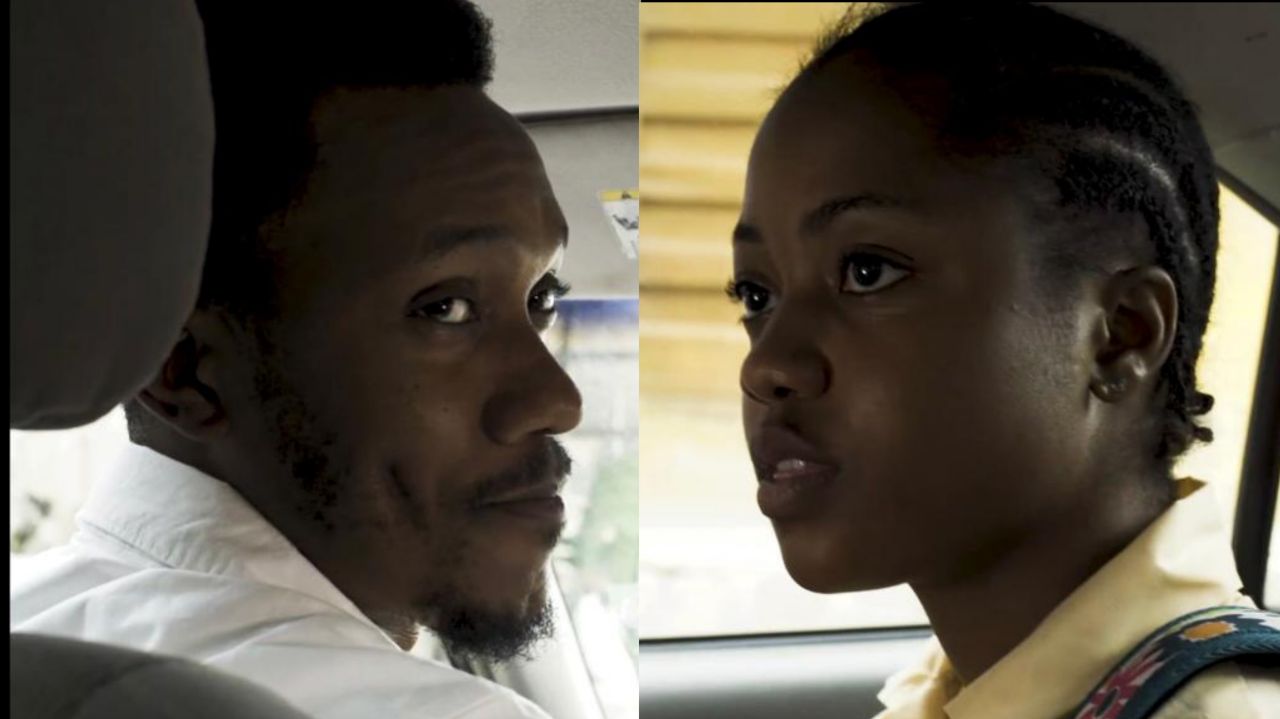 From Festival Outings to YouTube: Chiemeka Osuagwu’s Short Film ‘Samaria’ Sets Release Date
From Festival Outings to YouTube: Chiemeka Osuagwu’s Short Film ‘Samaria’ Sets Release Date
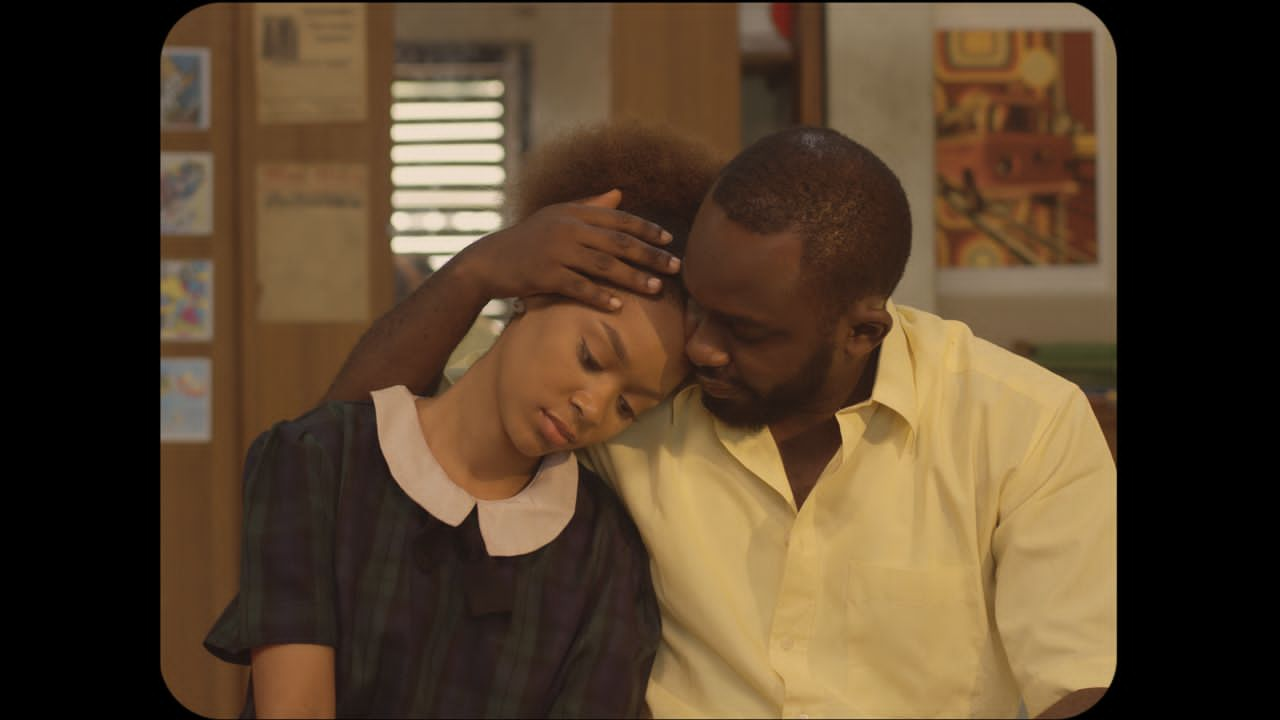 ‘Crushed Roses’ Review: A Melancholic Duet of Broken Hearts
‘Crushed Roses’ Review: A Melancholic Duet of Broken Hearts
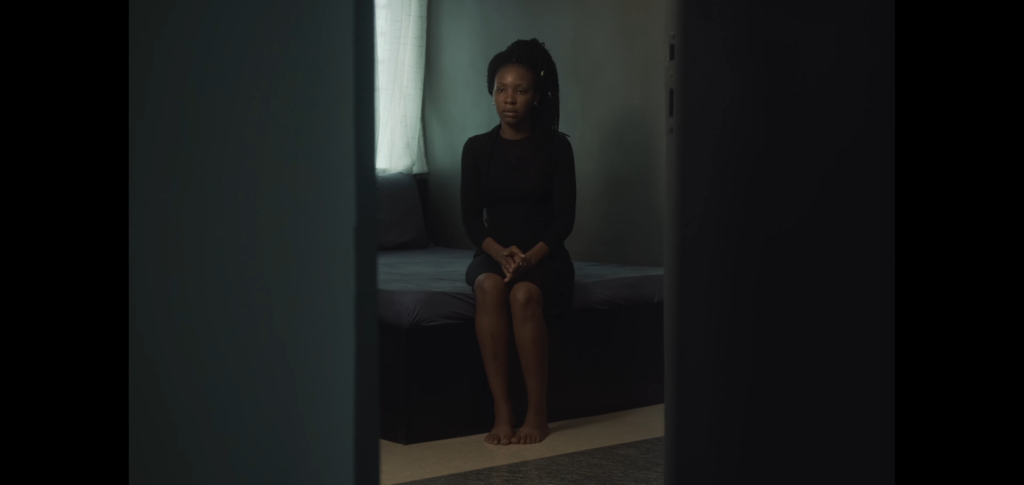
The Way Things Happen is an invitation to not only observe but also partake in grief. The sad fact is that as Nigerians, even more than is normal for humans everywhere regardless of age, gender, or nationality, our lives are filled with enough daily reminders of just how much we’ve lost, or are losing, by being here. Our reality is an upended one; we’ve just somehow learnt to live with disaster. The list of problems peculiar to us is as long as the length of a Congo and two Niles, and in our daily hustle and bustle, we forget to find the time or ways to contextualize them.
One of the functions of cinema is that even though it contains artifice, even though it is not the real thing, it can give us the tools to comprehend and deal with reality; visual stories afford us the framework through which to observe our lives and society as a whole. Slavoj Zizek once said that as humans, we need the excuse of a stage, a construct, to investigate the truths about ourselves and our condition. From time immemorial, we have told stories— folktales, legends, myths, poetry, drama, prose, and eventually cinema— to understand the world around us.
And this is the one thing Ikenna’s girlfriend is searching for in the wake of his death: the reason Ikenna died the way he did; the ever-elusive why. In a conversation with Ikenna’s mother, she laments the fact that the day she went to watch him play football was the day he dropped dead, and that maybe she should not have gone. Ikenna’s mother, recognizing the pattern of self-blame that is prevalent in situations like these, reprimands her. “It happened the way things happen,” she says, as the already teary-eyed Mbadiwe tries to stave off a downpour.
In my review of the short film, Of the Essence, I claimed that I do not believe movies are meant to be seen only once. I would like to add another unspoken rule to my expanding film philosophy: as much as possible, cinema should be a communal experience. A movie theatre is a liminal space between reality and a semblance of reality, and if there is merit in watching football matches with other people, then the same argument can be made for films.
Senegalese author and filmmaker Ousmane Sembène understood the appeal and benefits of making cinema a collective venture. He saw cinema as a kind of ‘night school.’ He would use films, written in his native language, to educate his people and give them the opportunity, after a hard day’s work, to laugh and cry and really feel their emotions, moving from village to village. According to him, “Cinema is like an ongoing political rally with the audience. In a movie theatre, you have Catholics, Muslims, Gaullists, Communists; if the film is good, each sees what they want.”
The Way Things Happen takes a page from Sembène in that the film forces us to sit with the emotions. Several minutes of the runtime are dedicated to silence and quiet reflection, which can be wonderful when experienced alone, but I couldn’t help but imagine the response to this film being screened at a festival, and pin-drop stillness does not even begin to cover it. There would probably be hardly any dry eyes in the room too. The film is a kind of therapy session. It reminded me of Maborosi (1995), the feature debut from Japanese filmmaker, Hirokazu Kore-eda, in the way it explores grief with carefully crafted mise-en-scène, an absence of a traditional movie score coupled with a focus on silence, and a static, seemingly detached camera.
It’s been said that we use bants and jokes to cope with our stress in Nigeria. And I think it would do us good to simply sit with our feelings sometimes. Like Jean-Luc Godard once said, “Sometimes reality is too complex; stories give it form.”
The audience is not only invited to grieve but is also given some support and succour. When Mbadiwe’s character says, “I don’t know what to do…I’m tired of this life,” Ikenna’s mother replies: “Have hope. Comfort yourself in the fact that the pain would hurt this bad only for a while…and when you feel like crying, just do it.” This is the film’s defining message; in these lines, Dika Ofoma, the screenwriter, identifies with the suffering of the audience and offers a sense of camaraderie.
Greta Gerwig once said that the more specific you make something, the more universal it will be. The Way Things Happen is both a simple story about how a young lady deals with the loss of her lover, told with earnest attention to detail, and at the same time, a mirror, a stage, and an acknowledgement of the pain experienced by millions of people in Nigeria, and the entire world at large.
A remarkable film from remarkable filmmakers.
Share your thoughts in the comments section or on our social media accounts.
Keep track of upcoming films and TV shows with Google calendar.
Watch the short film on YouTube.

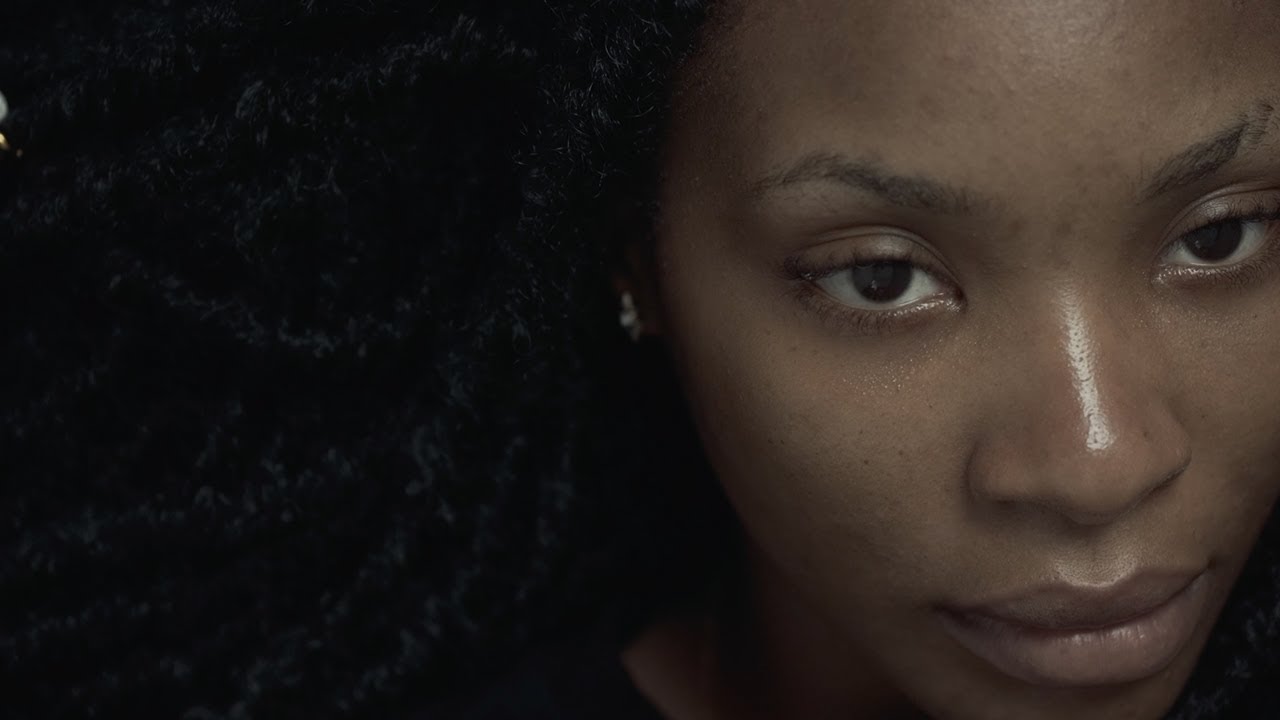

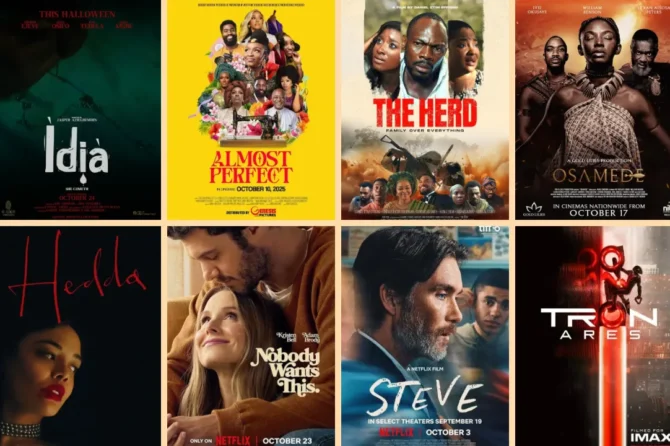
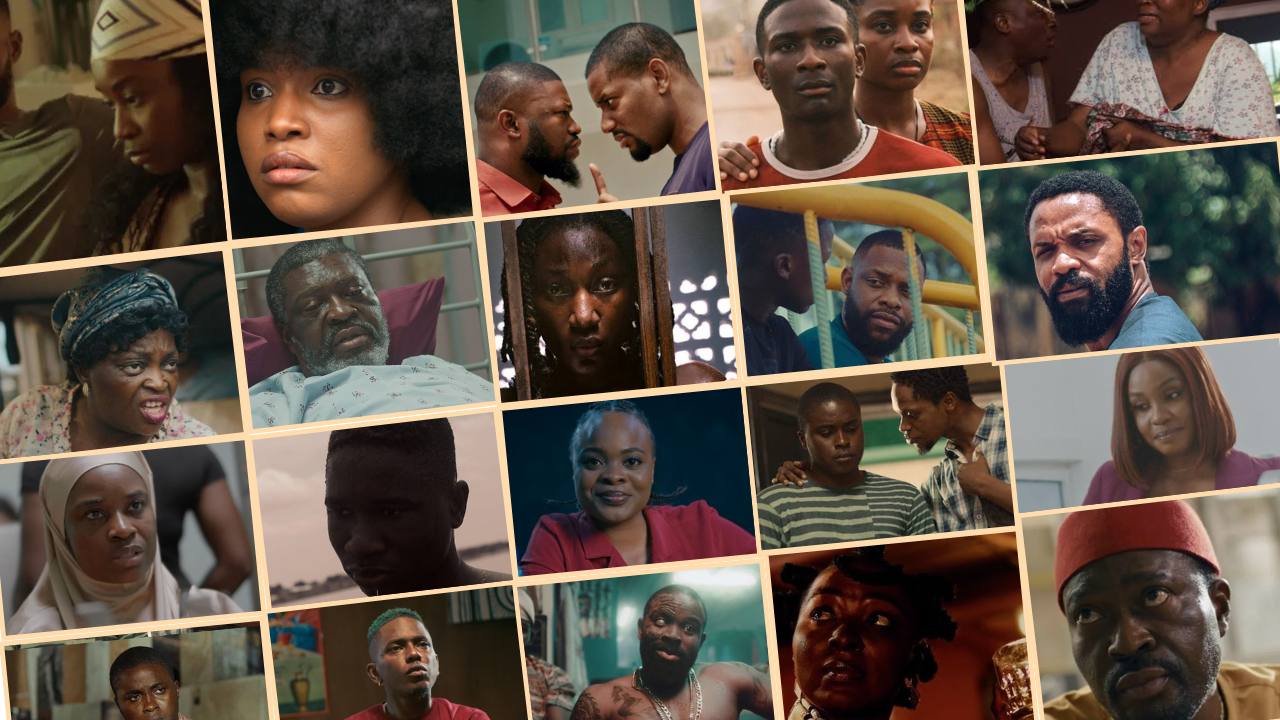
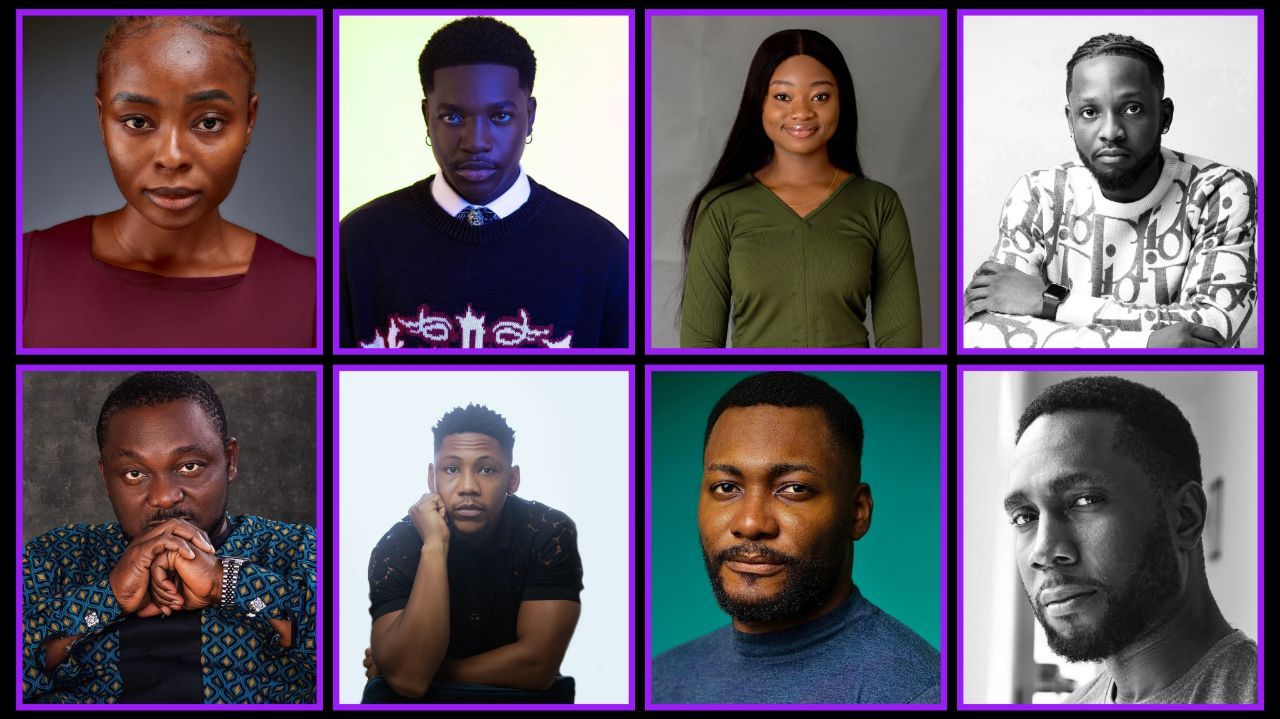

6 Comments